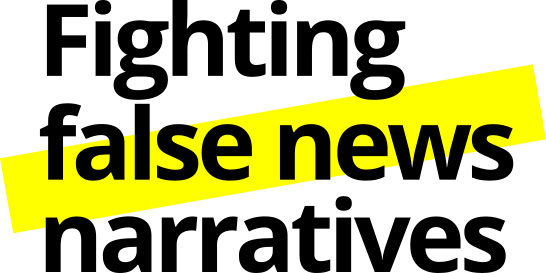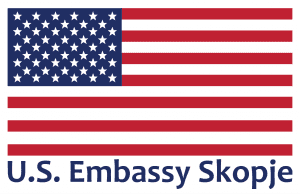In the period May-November 2020, COVID-19 related online mis- and disinformation shifted focus towards vaccines, according to the newest report by the European External Action Service (EEAS). The spread and reach of mis- and disinformation online remains worryingly high.
A variety of false information and misleading narratives on COVID-19 have been circulating in the Western Balkans media environment since mid-March. Local independent fact-checkers confirmed a multitude of cases of misinformation, including in relation to vaccines and health advice. Claims that COVID-19 is a ‘fraud’ and that face masks are ‘harmful’ were shared widely on platforms such as Facebook, based on ‘twisted’ statistical data.
Based on current developments and observations, it is expected that the health crisis around COVID-19 will continue to provide ample of opportunities worldwide for the spread of mis- and disinformation. They can be expected especially concerning tightening confinement measures as well as vaccine development and distribution.
State actors like China and Russia are maximising the effect of the so-called “vaccine diplomacy” in their communication efforts, most likely with the intent to enhance their reputation and economic position abroad. They are leveraging diplomatic channels, state-controlled media and networks of supportive and alternative media outlets and social media to distribute their messages.
In the EU and its neighboring countries, pro-Kremlin outlets continue to amplify voices that downplay the threat of the virus and aim to undermine governments’ strategies of curbing the second wave of infections. Proliferation, profitability and visibility of potentially harmful information remain high across online platforms.
The work of fact-checkers and professional, independent media since the beginning of the COVID-19 pandemic remains indispensable to uncover and debunk false, misleading and potentially harmful information. Fact-checking spread has shown to have a positive impact in reducing misinformation about specific COVID-19 related claims. This activity is paramount in mitigating the potentially harmful consequences and enhancing societal resilience.
The Global Disinformation Index (GDI) found that over one-third (about 200) of English language websites publishing high volumes of divisive and polarising content on inter alia COVID-19 carry advertisement which generates an estimated US$350 000 in monthly income for these websites.
Source: euvsdisinfo.eu





